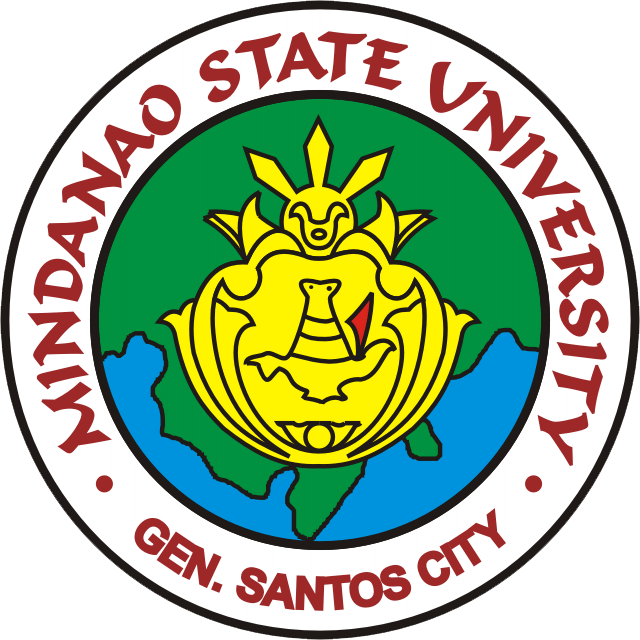Sarangani Bay was proclaimed as a Protected Seascape under the Presidential Proclamation 756 on March 6, 1996. A study on management effectiveness on the western side of Sarangani Bay Protected Seascape was conducted from January to May 2017. There were three (3) municipalities involved in the survey and a total of 19 coastal barangays participated in the study. Barangay captain or barangay officials of every coastal barangay were interviewed in this METT surveyed. The Management Effectiveness Tracking Tool questionnaire was used to assess the effectiveness of the management of the barangay officials on the western side of the Sarangani Bay Protected Seascape. The threats that was identified in the three (3) municipalities to have a low impact on the protected area was agriculture and aquaculture (Threat no.3), pollution entering or generated within the protected area (Threat no.9) and climate change and severe weather (Threat no.11). However, the summarized result of the three (3) municipalities in the western side of Sarangani Bay identified that the following threats were present but have a low significant impact: residential and commercial development (Threat no.1), agriculture and aquaculture (Threat no.2), biological use and harm (Threat no.5), human intrusions and disturbance (Threat no.6), natural systems and modifications (Threat no.7), pollution entering or generated within the PA (Threat no.9), geological events (Threat no.10) and climate change and severe weather (Threat no.11). The remaining threats were identified to be presents but no data recorded or not applicable in the protected area. For the assessment of the protected area, the three (3) municipalities were identified to have a low score in the results per element of the METT assessment form — context, inputs, planning, process and outcomes/outputs. The total Management Effectiveness Assessment score of the western side of Sarangani Bay ts 40.67% and it 1s considered to be a low management effectiveness score. Further study about management effectiveness in Sarangani Bay is needed for monitoring and evaluation.
Author
REZEL JOY ANTHONY APELINGA
Abstract
SY
2017
Program
Bachelor of Science in Marine Biology
Department, College
Marine Biology, Fisheries
Department
Department: Fish Processing & Marine Biology
College
College: Fisheries
